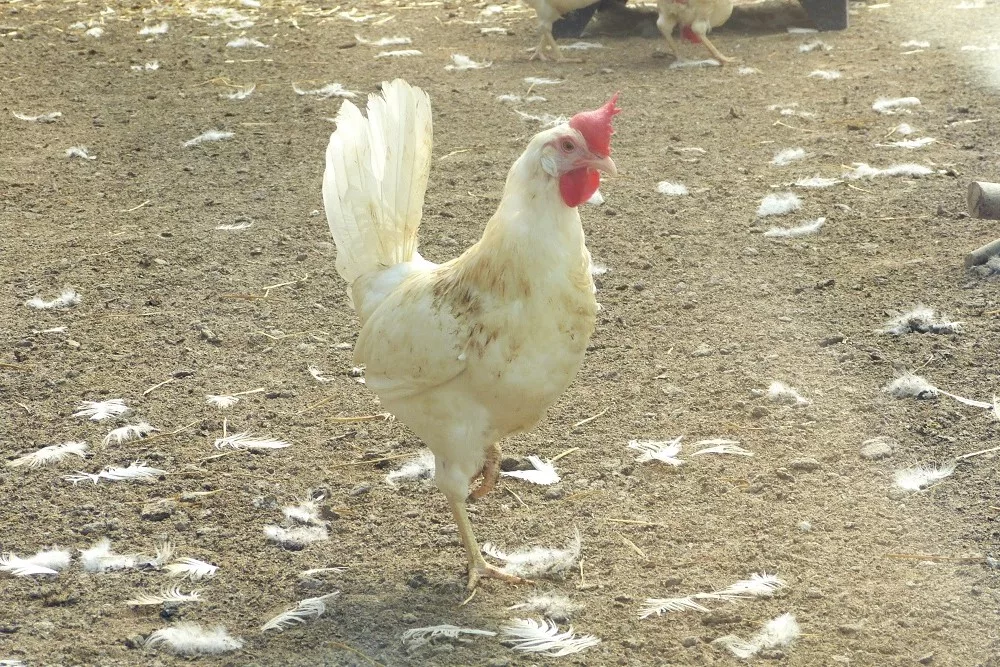Following an investigation by the Michigan Department of Agriculture and Rural Development (MDARD), the Michigan State University Veterinary Diagnostic Laboratory has detected the presence of highly pathogenic avian influenza (HPAI) in a commercial poultry facility from Muskegon County. Since the disease was first detected in Michigan in 2022, this is the second detection of HPAI in a commercial facility, and the second detection in Muskegon County. As wild birds continue to move and be present in the environment, it is vital for every bird owner to take steps to protect their flock.
“While this latest detection is unfortunate, it is not unexpected as wild birds are still present on the landscape with the mild winter temperatures. Direct or indirect contact with infected wild birds have been the point of infection for many of the HPAI-positive flocks in Michigan,” said State Veterinarian Dr. Nora Wineland, DVM, MS, DACVPM. “The best strategy any bird owner has against this disease is prevention. It is essential to continue taking preventative measures to protect flocks from wild birds and the germs they could be carrying.”
HPAI is a highly contagious virus that can be spread in various ways from flock to flock, including by wild birds, through contact with infected poultry, by equipment, and on the clothing and shoes of caretakers. To protect other flocks in Michigan, the premises is currently under quarantine, and the birds will be depopulated to prevent disease spread. These efforts also help to ensure the safety and integrity of the commercial food supply.
“Michigan’s poultry farmers provide the best care for their animals by maintaining among the highest levels of biosecurity in the industry. However, HPAI can be extremely contagious and despite their best efforts, this virus finds its way to the birds,” said Dr. Nancy Barr, executive director of Michigan Allied Poultry Industries. “Events like this are every poultry farmer’s worst fear. We are grateful for the partnership of our farmers, the assistance of MDARD as well as the USDA to rapidly respond to this event, helping to protect other flocks and stop the spread.”
According to the U.S. Centers for Disease Control and Prevention, the public health risk associated with avian influenza remains low. Also, no birds or bird products infected with HPAI will enter the commercial food chain. As a reminder, people should properly handle and cook all poultry and eggs.
Whether it’s a few backyard birds or a large commercial flock, following a few key steps is fundamental to protect the health and vitality of Michigan’s domestic birds:
- Prevent contact between domestic and wild birds by bringing them indoors or ensuring their outdoor area is fully enclosed.
- Wash your hands before and after handling birds as well as when moving between different coops.
- Disinfect boots and other gear when moving between coops.
- Do not share equipment or other supplies between coops or other farms.
- Clean and disinfect equipment and other supplies between uses. If it cannot be disinfected, discard it.
- Use well or municipal water as drinking water for birds.
- Keep poultry feed secure to ensure there is no contact between the feed/feed ingredients and wild birds or rodents.
MDARD is continuing to work diligently with local, state, and federal partners to quickly respond to reports of sick or dead domestic birds to best mitigate the spread of HPAI and provide outreach.
Source: Michigan Department of Agriculture and Rural Development.

